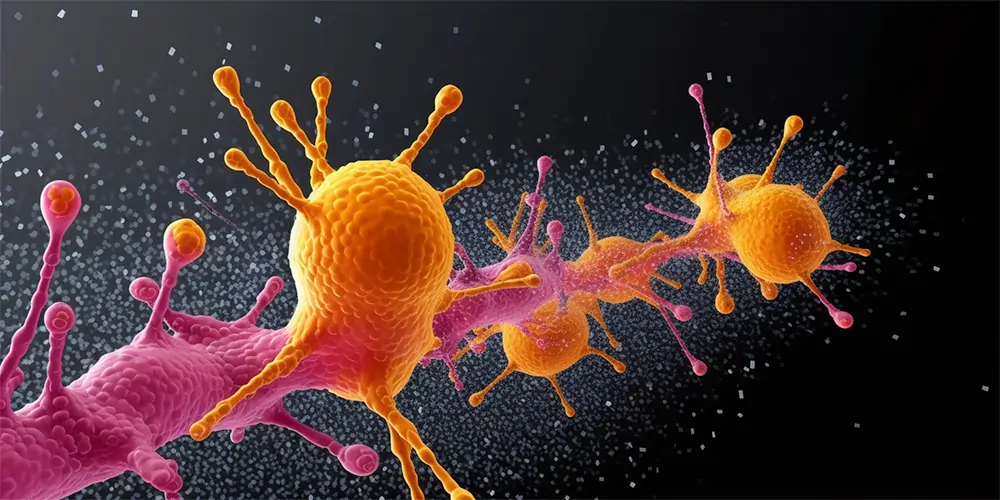The publishing industry is facing major upheaval due to the rise of artificial intelligence. While some are experimenting with AI to support their work, many fear it could take over jobs entirely.
Publishers, agencies, and writers are taking legal action to protect copyright and control how AI uses their content. But the technology brings opportunities, too, with many companies using AI to aid writing, editing, marketing, and audiobook creation.
Automating Publishing Workflows
AI promises to improve nearly every aspect of publishing. Companies and individuals are using AI tools to design book covers, generate children’s stories, expand outlines, develop fictional characters, optimise metadata and search visibility, and more.
Big publishers are secretly testing AI but worry about legal and reputation risks.
AI audiobook narration is booming, with Apple, Google, and Amazon Audible producing thousands of synthetic audiobooks – targeting works previously unlikely to get human narrators.
But professionals worry AI could replace their work. While leading companies still use human narrators, AI and human recordings may co-exist long-term.
AI-Written Books Flood Amazon
The rise of AI text generation has enabled a surge of computer-generated books. Critics accuse Kindle Unlimited authors of misusing AI to produce meaningless books for purposes like “click-farming” revenues.
Recent tweets alleged only 19 of the top 100 teen romance ebooks were human-written. Although Amazon removed some, many remain available.
This sparks concerns about authenticity and quality. Writers aren’t scarce, but discovery is publishers’ biggest problem. More AI books could bury traditionally authored works.
Unlike human writing, AI content can’t be copyrighted in the US, reducing commercial appeal. Amazon pledges to “promptly investigate” dubious titles.
Also read:
Backlash From Creators
The Authors Guild collected thousands of signatures demanding AI firms get approval before using writers’ work for training.
Artists and cartoonists have also revised contracts to protect content. Lawsuits accuse AI companies of copyright breaches.
Yet experiments blending AI and human writing are emerging. Stephen Marche’s book “Death of an Author” used multiple algorithms.
He says AI is a fascinating creative tool, not a replacement for the human touch.
Other writers use AI writing tools for brainstorming and editing aid. But direct AI text generation is seen as unappealing, producing “boring” prose.
Growing Concerns Over Plagiarism
Generative AI learns by ingesting vast amounts of online text and images without the creators’ consent.
This has sparked lawsuits alleging infringement and unauthorised copying at industrial scale. Legal issues around AI copyright and intellectual property remain untested.
Getty Images sued Stability AI for allegedly copying 12 million images for training. Stability plans an opt-out for its next model, but artists demand opt-in only.
Performing arts union, Equity warns members that AI poses a significant threat of replacing creative work. Countries are scrambling to regulate AI; the EU proposes mandatory disclosure of copyrighted training data.
Human Creativity
Some advocate responsible AI development to augment human skills. Some argue authors already use tools to enhance craft, and AI can democratise such help.
Despite controversies, many see positive, creative AI tools on the horizon. But AI still struggles with nuanced language, imagery and storytelling. Though with assisted human writing and tailored AI editing should enhance authors and artists.




